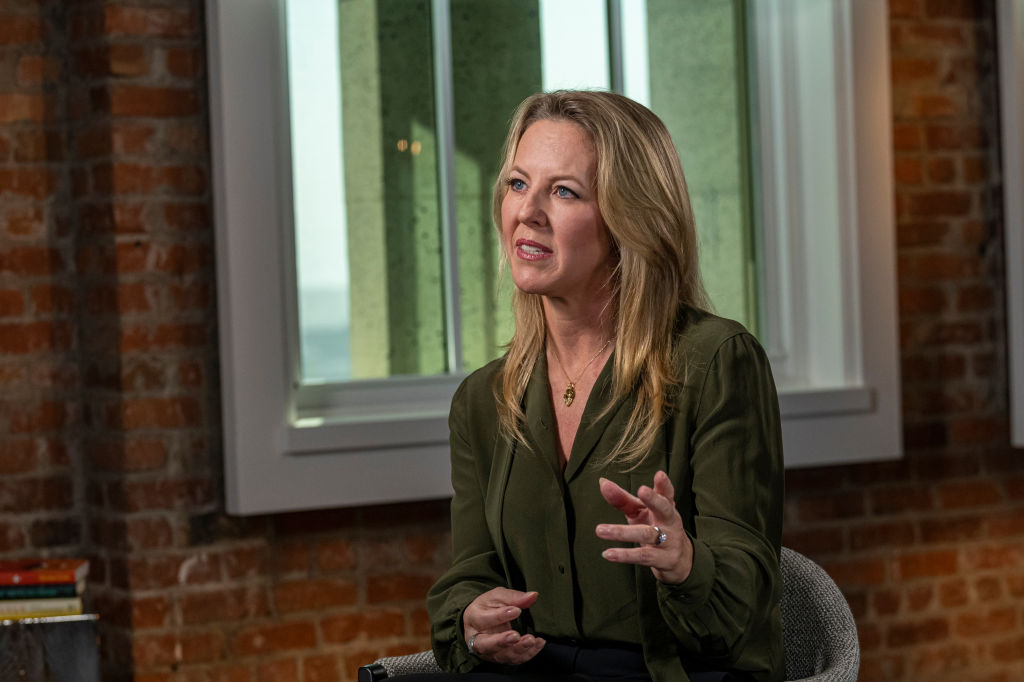It was only a year ago that Katie Haun’s name was everywhere. The onetime prosecutor had left Andreessen Horowitz to raise a $1.5 billion venture fund of her own, and both the industry and the media hailed her as the figure needed to bring legitimacy to crypto once and for all. And then she abruptly disappeared. What has she been doing?
Fortune’s Leo Schwartz and Anne Sraders answer that question in an insightful feature that examines what the once-ubiquitous Haun has been up to since FTX’s fateful explosion last November. The answer is that, for the most part, she has been biding her time as she figures out how to play an incredibly difficult hand. A venture fund, of course, is built to invest. And that’s hard to do when the industry your fund is built around is rocked by scandal and political scrutiny, and when the venture capital industry as a whole has been battered by broader market conditions.
This situation means the startup pickings are slim and any misstep will be magnified. In this context, Haun’s cautious approach makes sense. Her investors are perfectly aware that it’s premature to judge a fund’s performance after only a year, so Haun’s apparent strategy of making small bets here and there while waiting for the crypto industry to turn a corner is sensible. And she also deserves credit for a bet she didn’t make. Unlike many of her counterparts, Haun—through prudence or luck—didn’t put any of her investors’ money into the fraud-of-the-decade, FTX.
It’s hard to quibble with Haun’s investment strategy during crypto’s year from hell. What may be harder for some to accept, though, is her disappearing act. During crypto’s go-go times, Haun was happy to lean into a media narrative that cast her as the star the industry needed to finally achieve legitimacy. But when crypto hit the skids and needed every champion it could get, she was nowhere to be found. Her team points out that Haun has been active behind the scenes, helping make the case that everyone will be better off if crypto has a functioning regulatory structure. When the good times return, will that be enough to stave off whispers Haun is a fair-weather friend?
Jeff John Roberts
jeff.roberts@fortune.com
@jeffjohnroberts
DECENTRALIZED NEWS
Robinhood’s quarterly crypto revenue was its lowest since its 2021 IPO, but the company beat on overall revenue and posted a profit for the first time. (Fortune)
Grayscale, Van Eck, and others filed for an Ethereum futures ETF, spurred by the recent stellar performance of a similar Bitcoin product and by what may be a more favorable legal climate. (Bloomberg)
Binance users traded $90 billion in China in a single month, suggesting the country’s official ban of crypto is not being rigorously enforced. (WSJ)
Coinbase’s CEO said the company is working on adding the low-cost Bitcoin payment network known as Lightning. (CoinDesk)
Kenyan officials have halted Worldcoin’s eye-scanning activity in the country where around 350,000 people have already performed the scan, typically for $50. (Reuters)
MEME O’ THE MOMENT
Hope springs eternal in the crypto breast:
This is the web version of Fortune Crypto, a daily newsletter. Sign up here to get it delivered free to your inbox.














